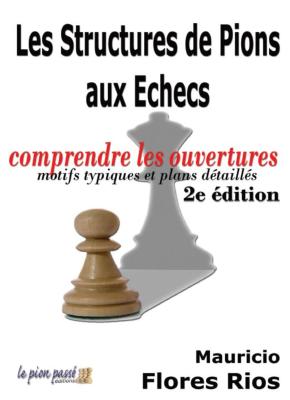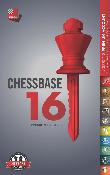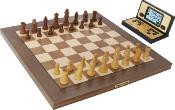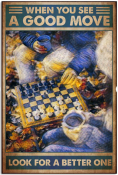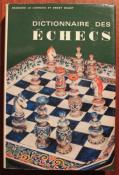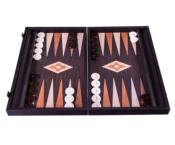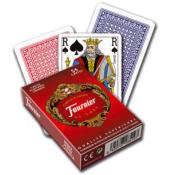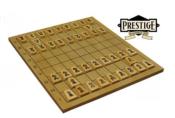The sequel, or the second part of the "Secrets of Positional Sacrifice” manual is titled "Positional Sacrifice in Modern Chess”. We assume that readers will conclude that the subject of our analysis are recently played games, especially the games played over the last few years. The book is intended for chess players who aspire to raise the level of positional play in this particular field of expertise, as well as coaches working on chess education. Like the previous book "Secrets of Positional Sacrifice”, the book in our hands is divided into chapters according to the material that is the subject of the
sacrifice: the positional sacrifice of a pawn, exchange, piece, rook, and queen. Finally, the last chapter deals with "hot games” and contains six games played during November and December 2021. We believe that the book is as interesting and instructive as its prequel. However, the examples are a tad more complicated, primarily because of the positional rook sacrifice section. In actual fact, the examples on this kind were very difficult to find in practice, and processing them in the right way was a particular challenge for us.
The first section, the positional pawn sacrifice, should encourage the reader to execute one of the most complicated positional sacrifices in practice as often as possible. On the other hand, the sacrifice of exchange is the most common and easiest to apply and can very successfully serve as a means of relieving the fear of possible sacrifice of material. Asymmetric positions, i.e., positions with an unusual distribution of material, are mostly featured in the positional piece and queen sacrifice positions. In the last chapter entitled "Hot Games,” we present the analysis on the topics of various
fascinating examples, from the latest games of today’s great players.
We tried to choose the examples that were easy to follow, so they are embellished with diagrams and explained verbally as well. We paid more attention to the analysis of the positional sacrifice from the moment of its execution to the end of the game. Hence, the introductory part of each example may be somewhat shorter in relation to the first book.
Finally, the invaluable exercises at the end of the book should be mentioned. The tasks cover four topics to make them as interesting and easy to solve as possible. The exercises are based on the correct assessment of asymmetric positions and, of course, on concrete calculations. In conclusion, we would like to emphasize that the book highlights the beauty of human ideas and their practical application.
In some cases, the authors give preference to the human idea over the assessment of the computer. When a player cannot calculate complicated lines accurately, he should look for an alternative solution of the similar quality. One of the possible answers is the positional sacrifice that leads to asymmetric material and thus the change of the character of the fight.
GM Nikola Nestorović IM Dejan Nestorović
Chess Informant
312 pages
couverture cartonnée




